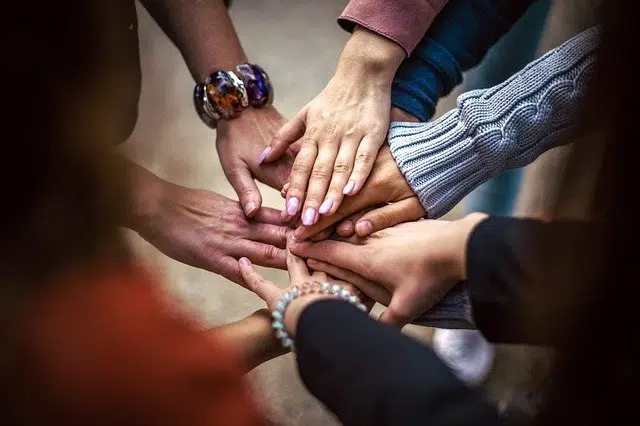
It can be said that collective identity is a consciousness shared by the members of a group.
Identity is a notion that comes from the late Latin identĭtas . The term can refer to the set of characteristics that are distinctive of a community or an individual; to the consciousness that a group or a subject has of itself; or the fact of being who one intends or is looking for.
Collective , meanwhile, is an adjective that allows you to qualify a group of elements or people. As a noun, it refers to a group whose members can be linked by different kinds of ties.
Collective identity is the consciousness shared by the members of a group or community . The concept is linked to values, traits, habits and practices that define the group in question and differentiate it from others.
Characteristics of collective identity
Collective identity is closely linked to the sense of belonging . For this collective identity to be forged, individuals must feel that they belong to the town in question and that their neighbors, countrymen or compatriots are peers. Thus, issues arise that have to do with loyalty and solidarity .
It can be stated that collective identity is born from a combination of individual self-perception (the person understands that they are part of the community) and social relationships (those who make up the group establish certain types of interactions). Its development is historical and communal: human beings construct a “we” that distinguishes them from “others” .

The sense of belonging is important in the construction of a collective identity.
From individual to group
When individual behaviors and customs are similar or common within a group, collective identity is established. The members define their own personality in that membership and, in turn, determine the physiognomy of the group.
The evolution of man cannot be ignored in this development of the human being as a social being . In prehistory, individual survival was complicated due to the particularities of predators; Grouping together, therefore, became essential to gain strength.
From those primitive tribes we moved on to much more complex groupings. Collective identity, in this framework, also acquires different properties or scope. The existence of a collective identity can be noted in a minority subculture or in an overpopulated nation , to mention two possibilities. Likewise, a person can subscribe to more than one collective identity.
Subjectivity in collective identity
The importance given to collective identity depends on each person. In one way or another, all individuals make up different groups with diverse idiosyncrasies . The sense of belonging, however, may have greater or lesser strength depending on the case.
We can analyze what is happening with the feminist movement . Many women and even many men define themselves as feminists and identify with postulates and principles related to the search for gender equality and the fight against sexist violence. There are those who take this collective identity to their individuality and assume it in daily life (from speech, clothing, etc.), while others say they feel part of the group but do not transmit that group identity to their daily actions.
